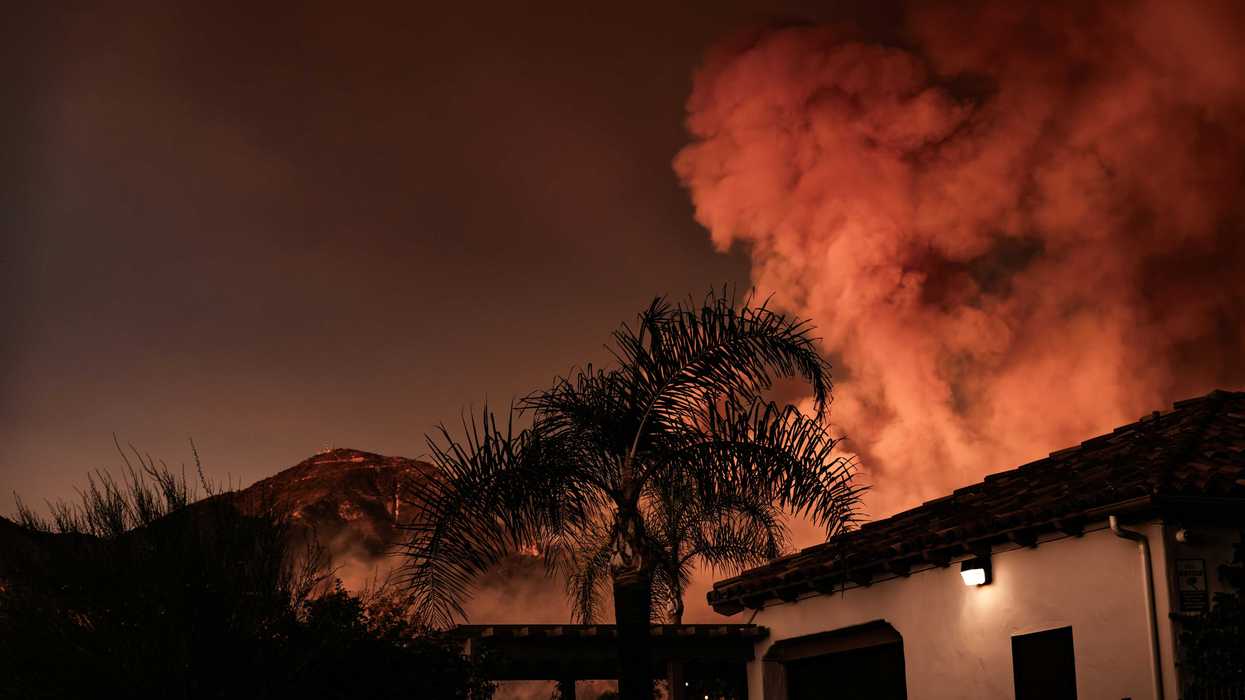U.S. government agencies are struggling to coordinate an effective response to the spread of avian influenza, echoing the mismanagement seen during the early months of the Covid pandemic.
Joshua Cohen reports for Undark.
In short:
- A lack of comprehensive surveillance and testing for avian influenza is hindering the ability to track the virus.
- The federal response is fragmented, leading to concerns about potential zoonotic transmission to humans.
- Michigan stands out with more robust tracking efforts, but without national coordination, the virus could spread widely.
Key quote:
“The World Health Organization considers the virus a public health concern because of its potential to cause a pandemic.”
— Amy Maxmen, reporting for National Public Radio
Why this matters:
The health care system is again juggling the risks of a fast-moving virus, while people are left guessing. Avian flu’s potential to jump to humans is terrifying enough, but the environmental impact is also alarming. Poultry farms are culling millions of birds to curb the spread, driving up food prices and wreaking havoc on ecosystems. Read more: The health of wildlife is inseparable from our own.














